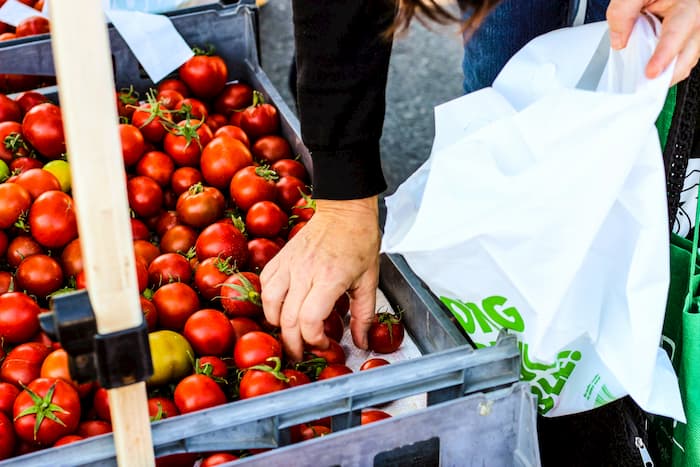
Categories
Some Basic Food Shopping Guidelines
Three very simple food shopping guidelines.
Avoid foods containing ingredients a normal human would not keep in their kitchen
Instead of picking up packets of food in supermarkets and manically checking the calories or carbohydrate content, try looking at all the listed ingredients. So many of our food these days is filled with preservatives, additives, fillers and god only knows what. Some of which we couldn’t even pronounce if we tried!
If you don’t know what something is or would not have it in it’s raw state in your pantry, the best rule of thumb would be to leave it on the shelf.
Avoid products that make health claims
I recently went into a well-respected, very expensive health food store and at the counter saw a “Probiotic chocolate” bar claiming to be great for digestion and gut health. Now, it doesn’t take a genius to figure out that there is no way in hell consuming that bar of chocolate was going to do my gut any favours, whether it has 1% of probiotics in it or not. The rest of the ingredients were still; Chocolate, skimmed milk powder and of course sugar. Oh I’m sorry, not sugar, “evaporated cane syrup”. LOL. (The code word marketers are using for what is essentially sugar).
Do not be fooled by clever marketing and corporate advertising strategies.
Eat foods that will eventually rot
This rule is plain and simple.
All foods in nature will rot at some point. They do so usually because fungi/bacteria, insects or rodents will have gotten to them before we have. When foods are intended for a longer shelf life, protecting them from these outside predators means they have had a lot of the nutrients removed, making them less attractive to said predators. The Paleo diet consists of foods that the hunter- gatherer would have found in nature, those that have grown naturally rather than inside a factory.
You will not be steered wrong in choosing fresh foods such as vegetables, fruits, eggs and organic meats when making the rounds in your supermarkets. Or better yet, check out your local farmers markets.
We help our members with a nutritional programme that works for them, if you’re struggling, give us a shout at our personal training gym in Richmond or try out our personal training and we’ll help you work out a plan that suits you.
Related Articles
- Beware Food Labels
- Why Organic Food Isn’t Always Best
- What Food Stage Are You At?
- 10 Things I Learned Watching Food Inc.
- Are Superfoods Actually Inhibiting your Fat Loss Goals?


